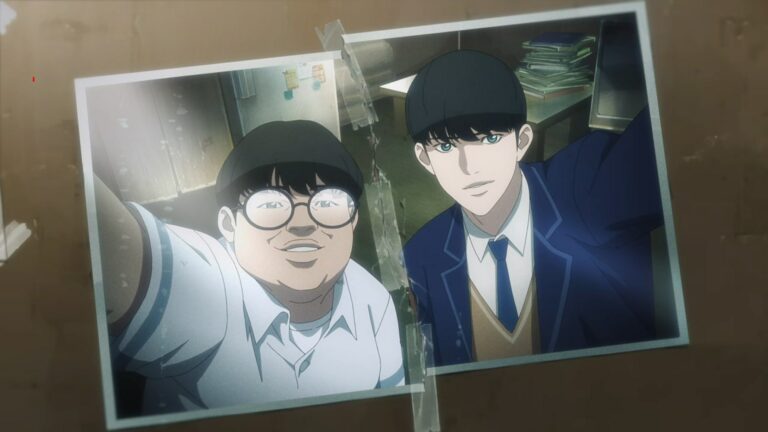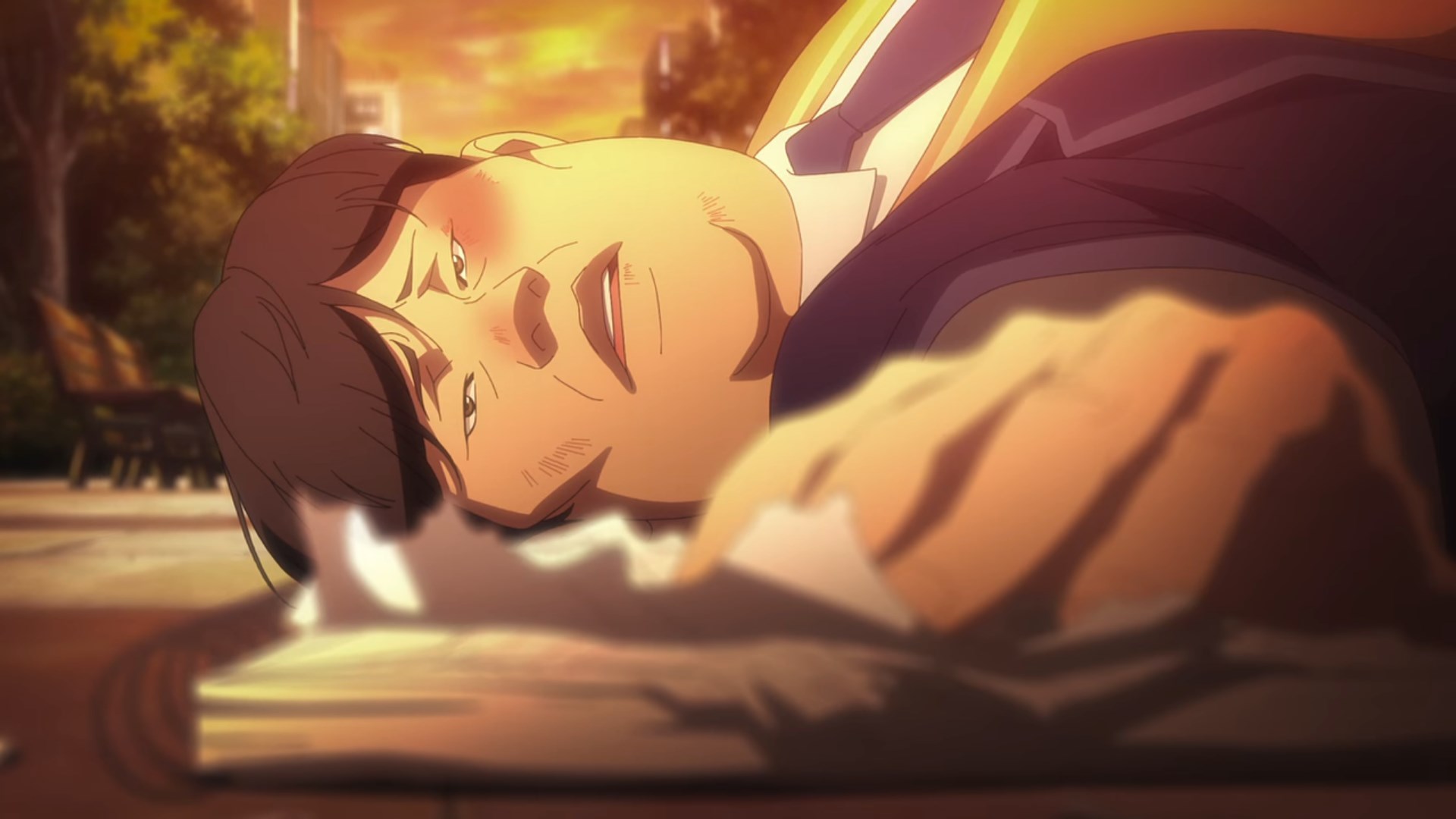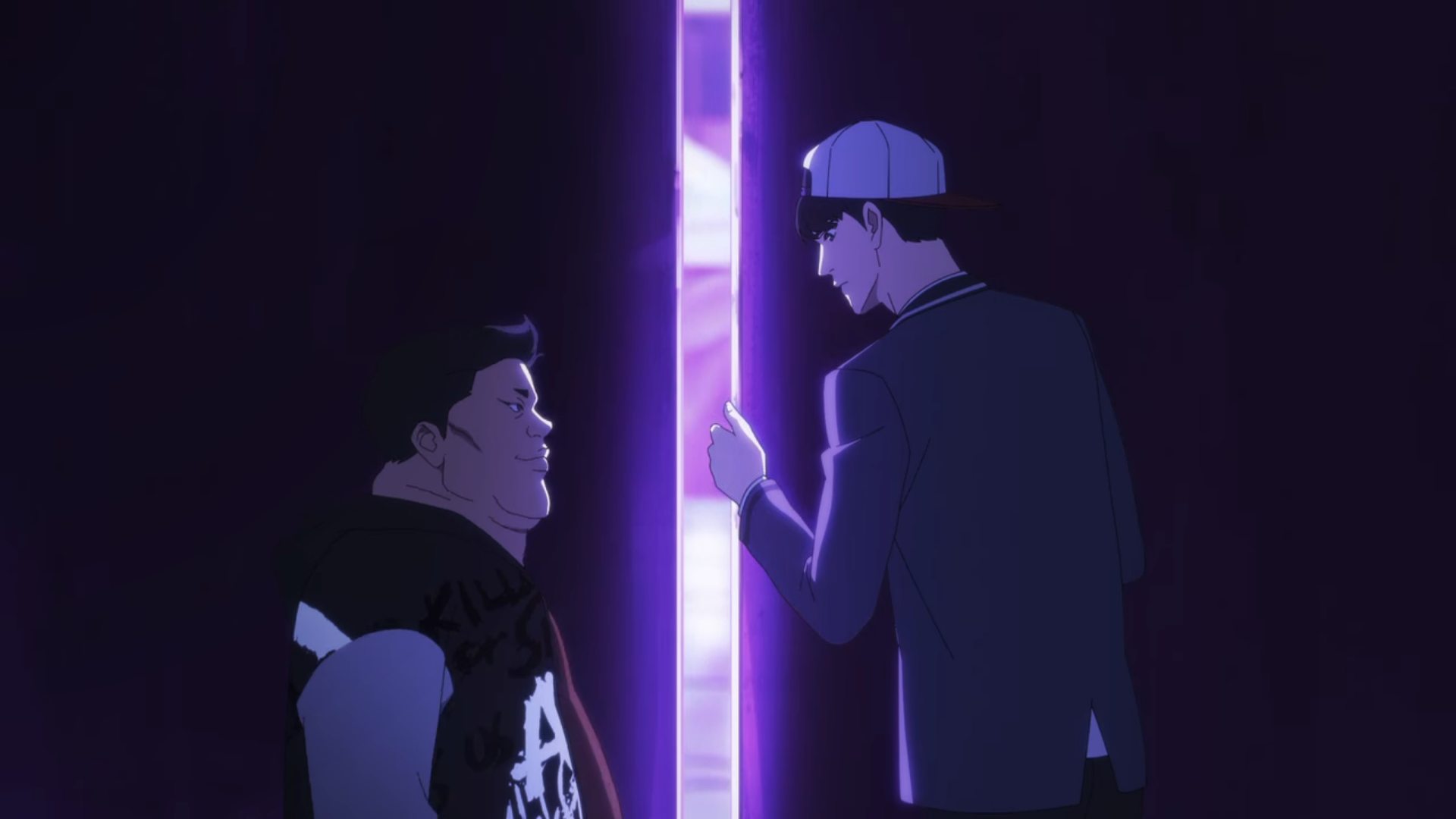During the first episode of Lookism anime, I feared the worst. The treatment of the main character, Park Hyeong Suk, was incredibly hard to watch. I worried that it would end with him concluding that only his new “conventionally attractive” body could be accepted, hiding his original self away for good. Thankfully, this wasn’t the case.
Lookism shone a light on the horrific treatment of people who are considered “different.” While the levels of bullying could be considered over the top, bordering on parody at times, this in-your-face style certainly drove the message home.
The visible difference community often has to handle staring and comments on a daily basis, and while this may not be as physically brutal as the treatment shown in Lookism, it is mentally exhausting. If you replace the kicks and punches of the bullies with words and looks, then it does represent the day-to-day experiences of many people with a visible difference.
I also found it interesting that the bullies – who publicly beat and humiliate Park Hyeong Suk – faced little to no consequences for doing so. Perhaps this reflects our society, in that those who stare, comment, or even abuse those with visible differences often simply get on with their lives without action being taken against them for their behavior. I hope that people who watch Lookism will feel outraged at this and may consider how true this is of real life as well, causing them to change their own behaviors or to call out others in the future.
Despite the awful treatment that Park Hyeong Suk has to go through in his “original” body, I was glad to see that by the end of the show, he’d gained a level of self-acceptance. He’d come to terms with both sides of himself, and he didn’t appear to think of one as worth more than the other. This was a much more positive outcome than I’d expected.
However, I would have liked to have seen more focus placed on his self-acceptance. While he never rejects his original body, he continues to use his other body as the more “public facing” one and there was no suggestion that this would change. It would have been a powerful reflection of his growing confidence if this had become more balanced as the series progressed.
Another aspect of Lookism that I enjoyed was seeing the support that Park Hyeong Suk received from the various people in his life. I particularly loved watching him learn to appreciate his mum more. We often take our closest loved ones for granted, but their unwavering acceptance is so vital, and it was heart-warming to see him realize this.
Without the support of his friends, it’s unlikely he would have been able to perform “Fly Up” at the concert, even though he was in his “conventionally attractive” body. The lyrics of the song fit perfectly with the overarching message of unquestioning acceptance from our family and friends, for example, “I’ll love myself like you do.” It also very poignantly highlighted that wider society isn’t so accepting, and the injustice of this, following his friend being cut out from the videos that were shared online of the performance.
All this being said, the anime still wasn’t perfect in its representation of difference. A couple of the characters with more negative personality traits had facial scarring, for example, the music producer who only cared about signing people who’d make him the most money. There was no clear reason for him to have a facial scar, so I can only assume it was being used as a sign of villainy.
Having burns scars myself, it sometimes feels like we’re fighting a losing battle with the way scarring is represented. This isn’t just a problem in South Korean media either, it’s an issue that permeates the media globally. While the poor treatment that can come from not “fitting the norm” is covered in Lookism, visible differences, such as scars, marks, and other conditions are still used negatively.
It’s great to see this step in the right direction for the representation of difference, but clearly, further change needs to happen, both in South Korean media and more widely. Hopefully, the success of the Lookism anime and the webtoon will show producers and content creators that people are just as capable of connecting with someone who has a visible difference as they are with someone who fits the “accepted” mould.
Written by Tatyana Findlay, campaigner for the UK’s leading visible difference charity, Changing Faces.
Lookism is streaming on Netflix.
© Park Taejun, WEBTOON / Netflix



Participate In Discussions